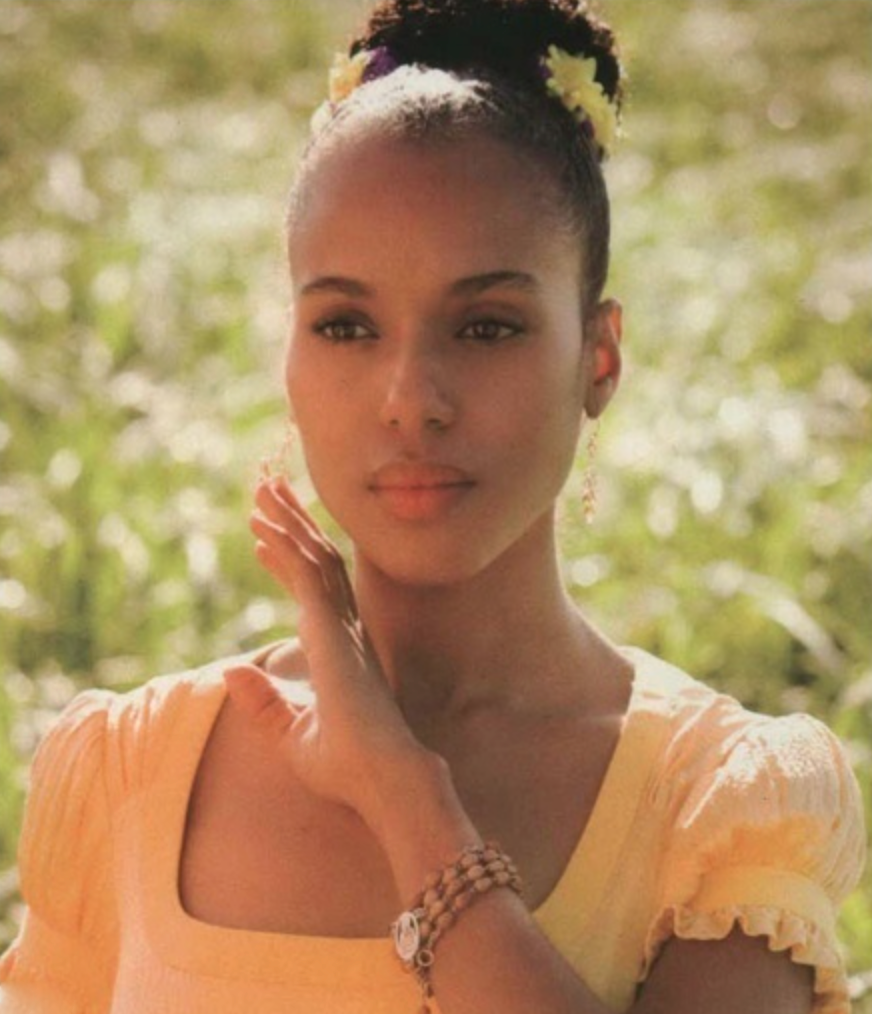Why I Use Film
- Jesse Jacques

- Jan 13, 2022
- 2 min read
Updated: Jul 15, 2023

Years ago at the Cannes Film Festival, Oscar winning director Quentin Tarantino (who's made all of his movies on film) ruffled some feathers when he told reporters that “digital projection is the death of cinema”. Not liking the direction the film industry was headed with the emergence of digital cameras, he didn’t hold back. “The fact that most films aren’t presented in 35mm (FILM) means that the world is lost. Digital projection is just television in cinema.”

“I’m hopeful that we’re going through a woozy romantic period with the ease of digital".
“I’m hoping that while this generation is quite hopeless, that the next one will demand the real thing. I’m very hopeful that future generations will be much smarter than this generation and realize what they lost.”
While Tarantino's words may seem harsh, he's not alone in sentiment when it comes to professional elite criticizing digital photography. Late in his career, when he made the switch to a digital camera, revolutionary fashion photographer Peter Lindbergh went on record saying "digital photography looks heartless and terrible", letting it be known that his studio had to work on every digital image to make it look similar to film.
Demand the Real Thing
Whether you agree with Tarantino or not, you should demand the real thing as a consumer. Regardless of your preference for film or digital, the person's vision holding the camera is just as important. The rise of technology and the convenience it brings doesn't come without a cost. As technology grows, each industry's voice, artistry, and craft have steadily declined.
With digital photography's mandatory reliance on computers and post-production, the ecosystem for visual artists has been set off balance. Photographers have become too technical and robotic, spending more time on the computer than shooting (some even use their laptops during a photoshoot). They spend more time in photoshop trying to make an image look real & natural than actually using a medium that produces natural results. That's working backward, and I believe that's where the criticism stems from when top professionals like Lindbergh and Tarantino make those types of statements.
“In a world where you can do anything, nothing means anything”
- Quentin Tarantino
I choose to create with film because I love the natural look. I love the slower process and the fact that I don't have to sit in front of a computer all day editing images makes me happy. I love that film gives me the freedom to connect with my clients, and I love that it continually pushes me to become a better photographer.
Without having instant visual feedback, I have to rely on my imagination, being technically sound, and having faith in the unknown. That excites me and keeps my curiosity flowing.
Every shoot is like the first time all over again! Being creative within the limits of old mechanical cameras with a limited number of shots is a liberating experience that can produce magical results that digital will never be able to replicate.
*Since Tarantino got the ball rolling for this blog post, let's revisit a great scene from Django Unchained, which, in my opinion, is his best work to date. And of course, it was all shot on film!


